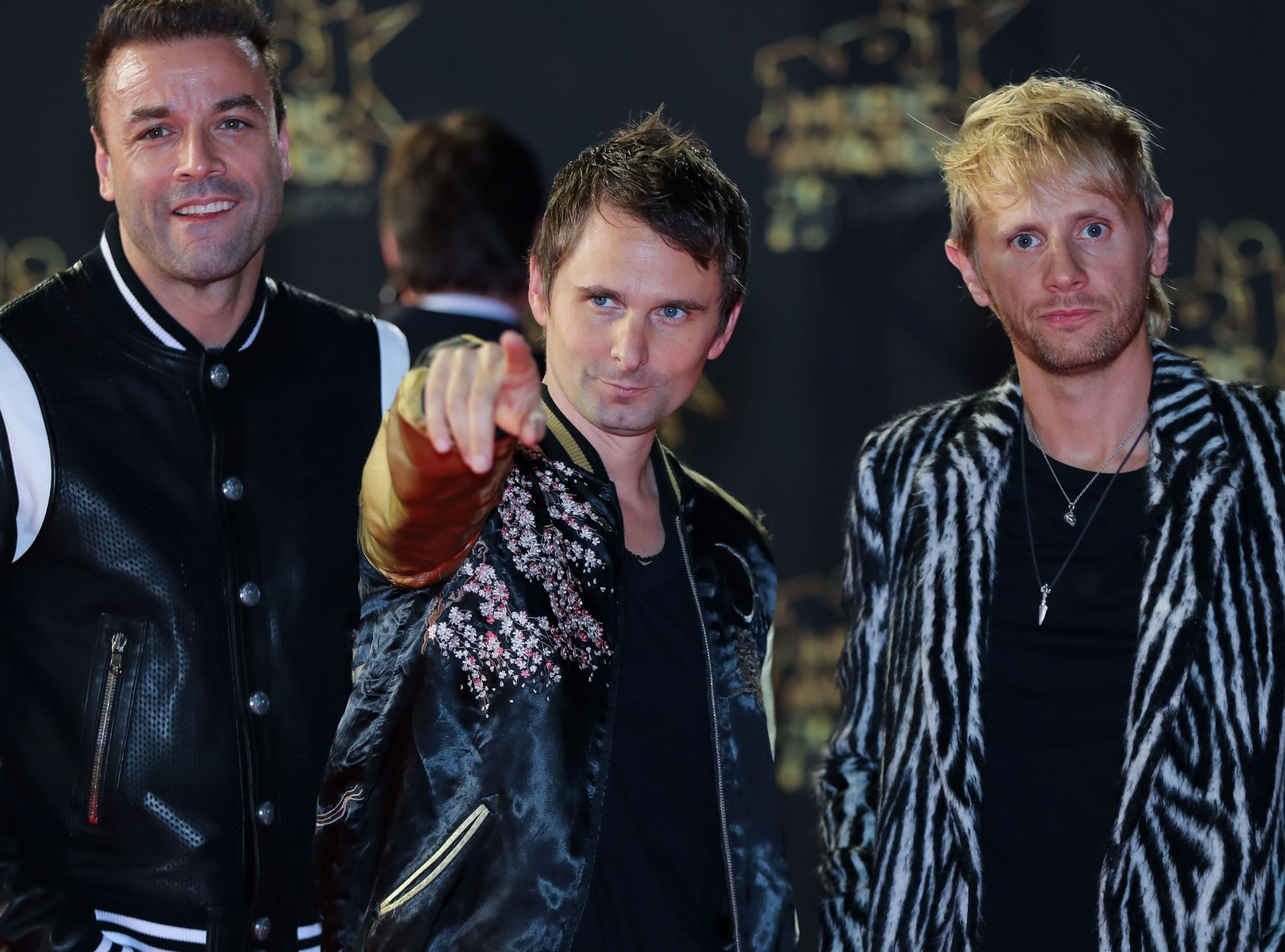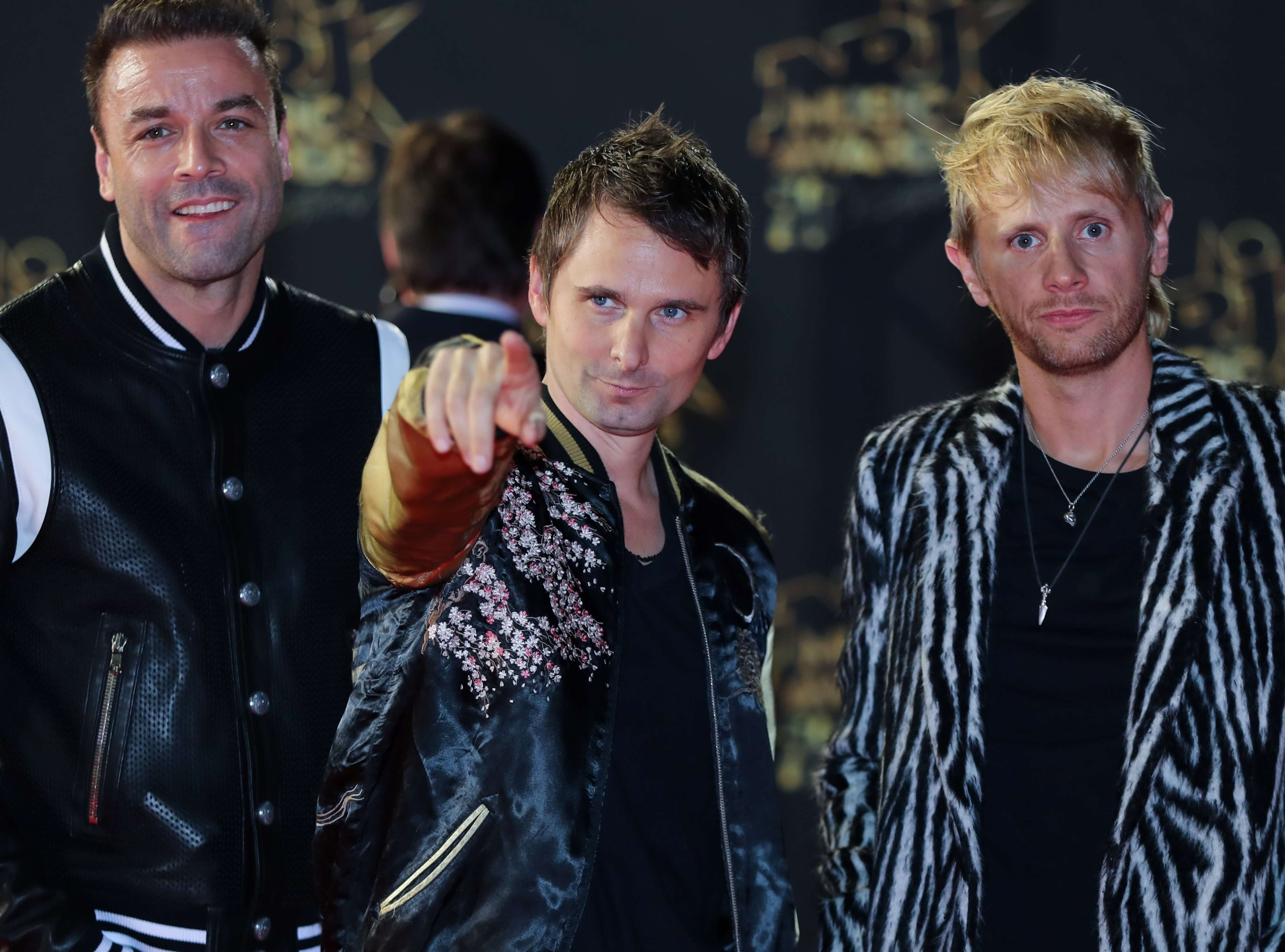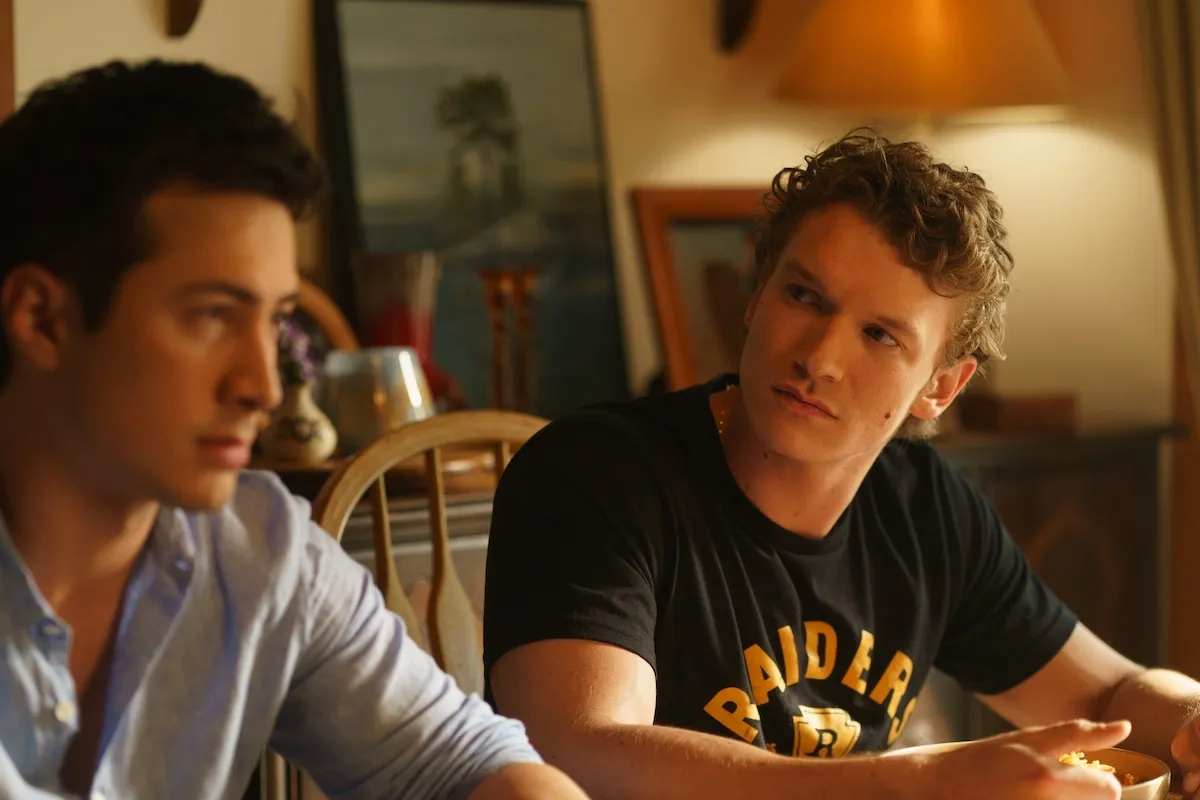
How The Beatles Inspired Muse’s ‘Pressure’
TL;DR:
- Muses’ Matthew Bellamy worked with Paul McCartney, and that inspired Muse’s “Pressure.”
- Another member of the band decided the track needed some brass instruments.
- The tune was a hit in the united Kingdom.

The Beatles‘ songs sound very different from Muses’ “Pressure.” Despite this, a member of Muse joined a Fab Four cover band and played with Paul McCartney. He explained how this experience influenced the track.
Muses’ ‘Pressure’ was inspired by Matthew Bellamy’s interest in The Beatles’ basslines
Matthew Bellamy is the lead singer of Muse. During a 2018 interview with NME, he discussed the origin of his band’s song “Pressure.” “I just started playing loads of riffs,” he recalled. “I started playing endless riffs.” Bellamy said he and bandmate Dom Howard joined this Beatles covers band called Dr. Pepper’s Jaded Hearts Club Band around that time.
“And we actually got to jam with Paul McCartney,” he continued. “I was learning Paul McCartney’s basslines, and I got a feeling that may have had a bit of an influence on it. ‘Cause when I started learning Paul McCartney’s basslines, I was like, ‘Wow, these are busy, interesting basslines.'”
The Beatles’ influence on Muse stands in contrast to their futuristic style
Bellamy said The Beatles inspired “Pressure” even though its parent album, Simulation Theory, is forward-looking. “Of course, it really is quite a Beatles-like bassline,” he said. “Pretty much all the song is on the bottom four strings on the guitar.
“It’s probably very influenced by the fact that at that time, I was playing the bass [guitar] a lot trying to learn Beatles basslines,” he added. “So, weirdly enough, even though the album is quite futuristic, retro, nostalgia, and 1980s and so on, I’d say that song was probably quite influenced by Beatles.”
Bellamy said “Pressure” is one of the more guitar-driven tunes from Simulation Theory. Subsequently, Howard decided the band should add brass instruments to the track. He thought this would be something new for the band, as they had only previously used brass instruments in their orchestral tunes. Subsequently, Bellamy used a vocoder on his vocals for “Pressure.”
How ‘Pressure’ performed on the pop charts in the United States and the United Kingdom
“Pressure” did not chart on the Billboard Hot 100. That’s not surprising, as Muse were never chart juggernauts in the United States. They only released one top 40 hit: “Uprising,” which hit No. 37.
The tune’s parent album, Simulation Theory, did better in the U.S. It reached No. 12 on the Billboard 200, staying on the chart for six weeks.
Muse were far more successful in their native United Kingdom. According to The Official Charts Company, several of their tunes reached the top 40 there, such as “Supermassive Black Hole,” “Starlight,” and “Plug In Baby.” Meanwhile, “Pressure” peaked at No. 96 for a single week. Meanwhile, Simulation Theory peaked at No. 1 in the U.K. for one week, staying on the chart for 12 weeks thus far.
Muse are a futuristic band, but they’ve still looked to the past for inspiration.


